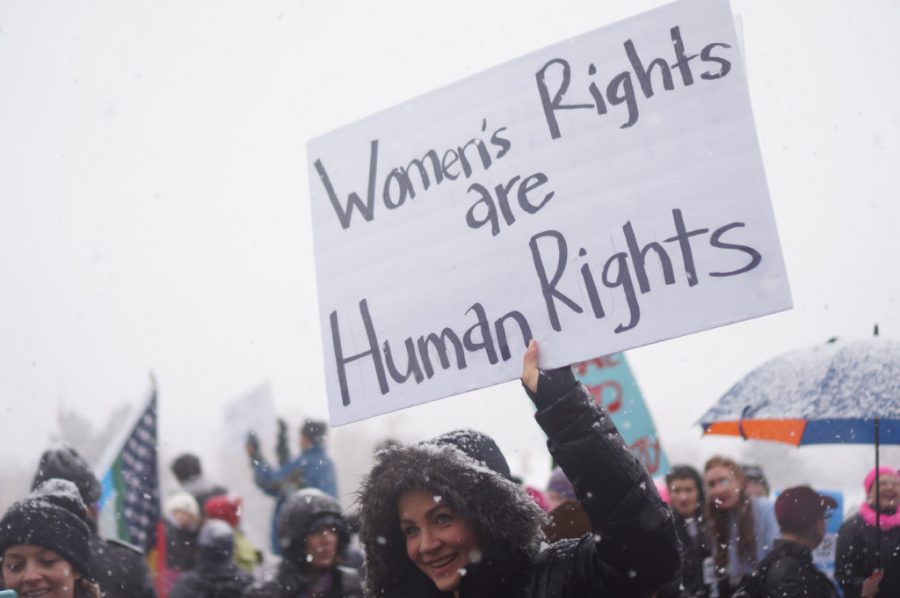Throughout the course of a college education, you are exposed to a huge variety of perspectives, many of which can inspire you to change the world. It should be no surprise then, that many students are active participants in mass movements and protests across the nation. While this engagement is certainly to be commended, I can’t help but feel that going from classroom to protest often misses a crucial step: the chance to build solidarity and community, a vital aspect of all activism.
In the university, it certainly feels like ideas are central. In our classes, we get plenty of new and exciting ideas, from reading assignments to class discussions. These can energize us, encourage us to go out into the world with the aim of making a difference. By imparting years’ worth of knowledge and learning, an education can help us make that first push into social activism.
Stepping out of the university and into the “real world,” however, can show us just how little we know. Our ideas may not be as solid as we think, and we might be frustrated with how slow and difficult change really is. We may find that people disagree with our plans or hold an entirely different perspective on how to solve a problem. Worst of all, we may discover that even when everything seems to go right, one minor problem can still cause everything else to go wrong.
That is why I think solidarity — the active attempt to build connections with those in the communities you want to help — is an important part of activism that can get missed in our attempts to create change. Every community has members with differing interests, hopes and world views. Each person has their own belief in how best to help the community. Simply trying to impose our ideas on the world without the necessary social connections means we’re only incorporating one viewpoint, and prioritizing our own ideas over those of other community members. Knowing how to bring about change means knowing how to listen to the many interested parties and learn from them.
Dialogue also grants the vital gift of humility. Nothing can better convince you that you need to learn more than going out into the world and seeing how truly complex an issue is. Although reading about an issue is an invaluable way to learn about it, it is only through experience and social dialogue that we can start to see an issue from a different perspective. Often the problems only become clear when you experience them yourself, or when you talk to people who have been working at them for a long time. In this sense, solidarity allows you to get a complete view that may be vital to creating lasting change.
In the social sciences, we sometimes talk about change in two ways: change is either “top down,” following a specific plan orchestrated by one group with power , or “bottom up,” taking shape as a result of many different interactions from people at the local and community level. It is comparatively easy to talk about the “top down” in a class, as there are fewer moving pieces that you might have to deal with. Studying congressional legislation, for example, may make it seem deceptively simple to create social change.
The “bottom up” view, on the other hand, is harder to study academically. In practice, actors at a local level can often have big impacts on how politics are done, but it is impossible to study each local actor individually. This view often reveals how little of the world we can really control, and how difficult it is to plan things in a certain way.
It is this “bottom up” view that can only truly be grasped through solidarity. Although you can plan out a protest a million times on paper, there are always going to be a million things that can go wrong. By genuinely reaching out to those engaged in activism daily and those who might be affected by it, you can get a feel for how things might really go when you try to put that plan in motion. Dialogue with all kinds of people helps you understand how change actually occurs. Solidarity is, therefore, a necessary addition to a university education; only by standing in solidarity with activists today, by hearing about their struggles and learning from them, can we hope to do better in the future.


